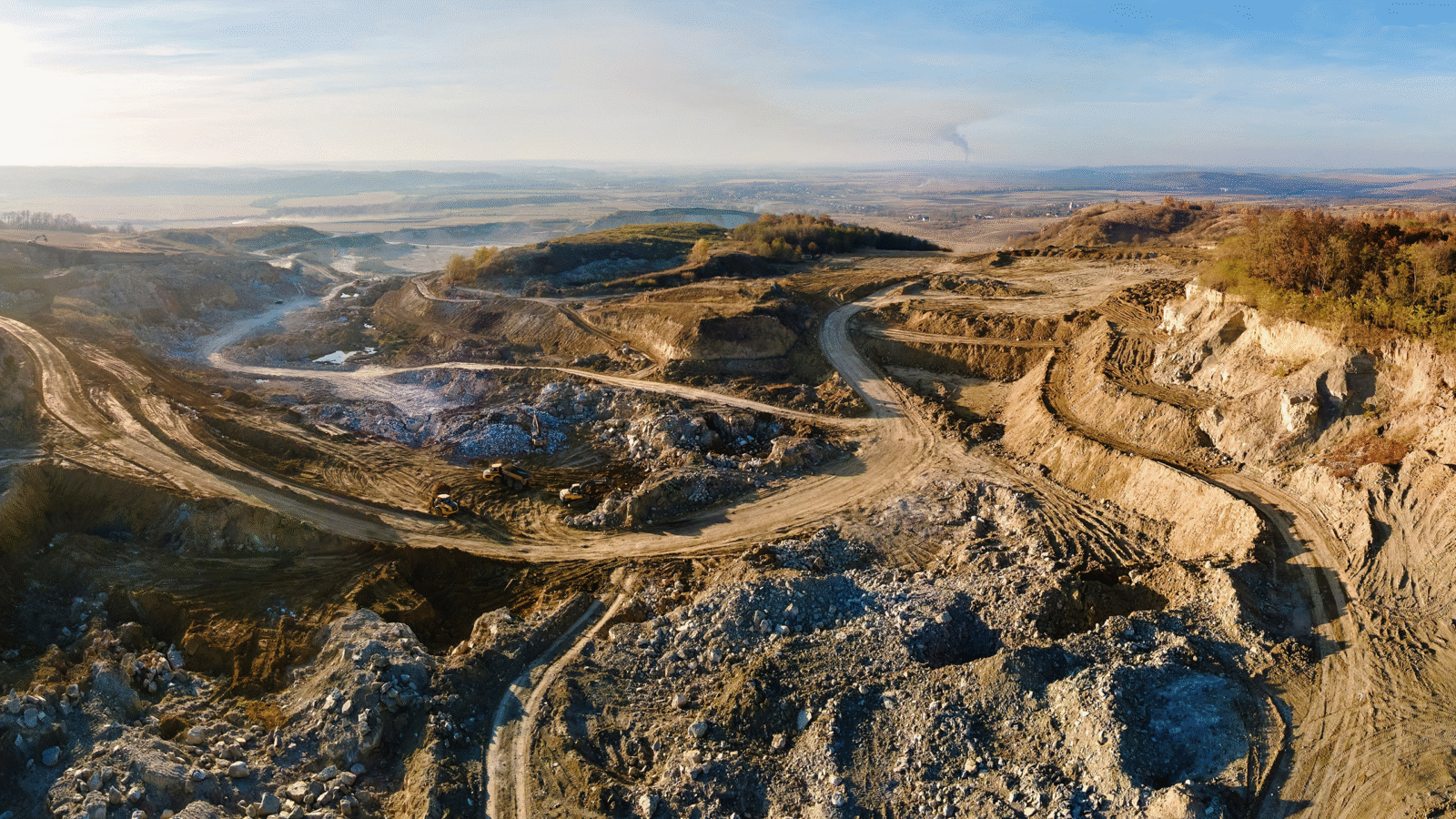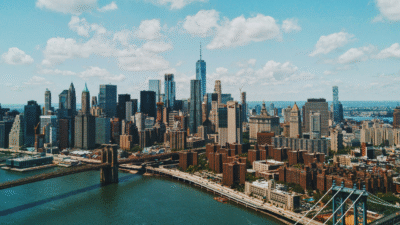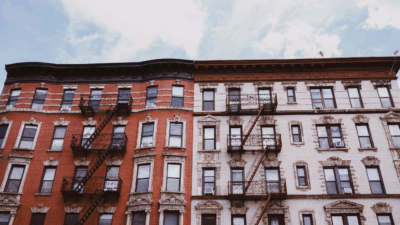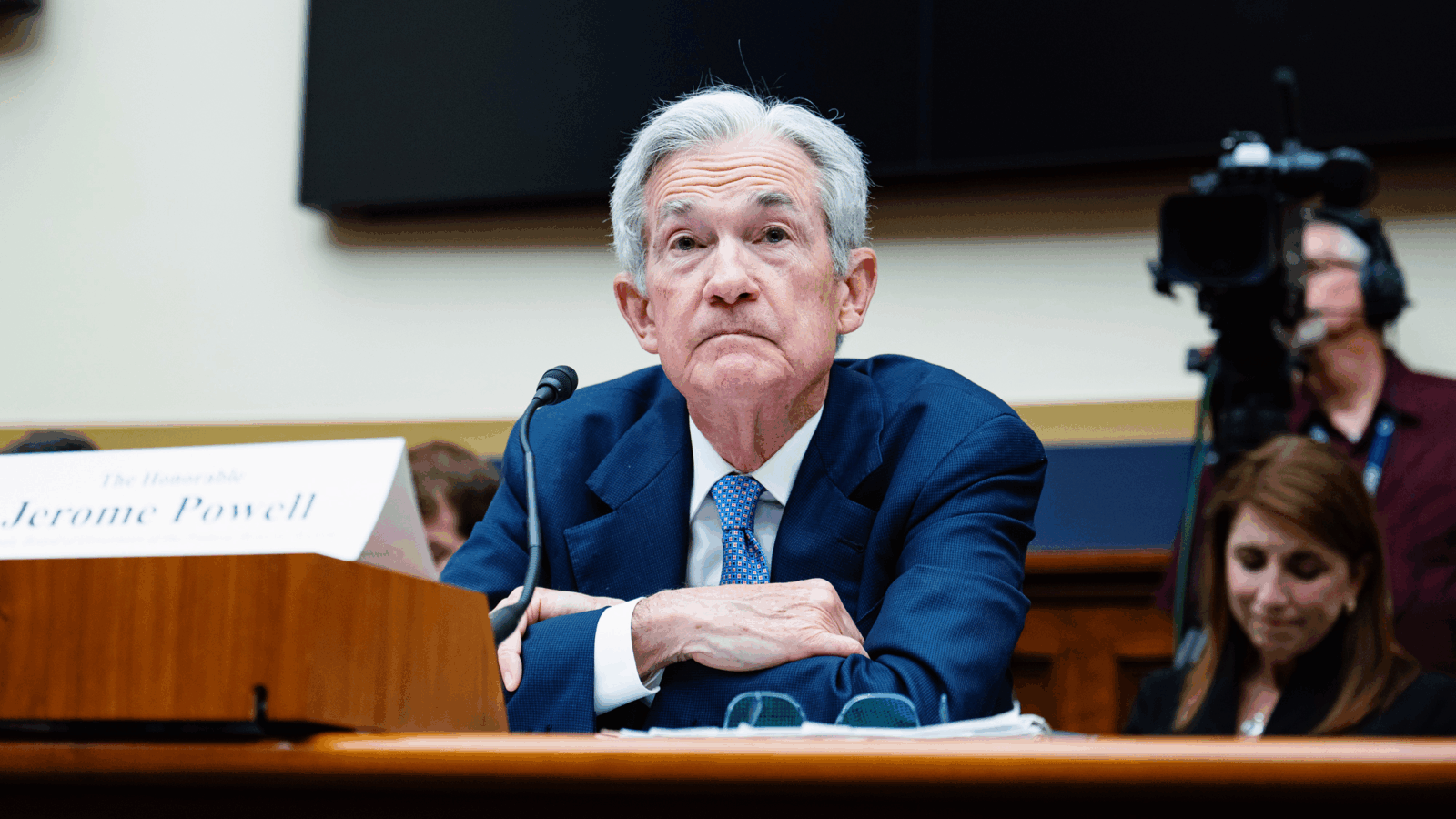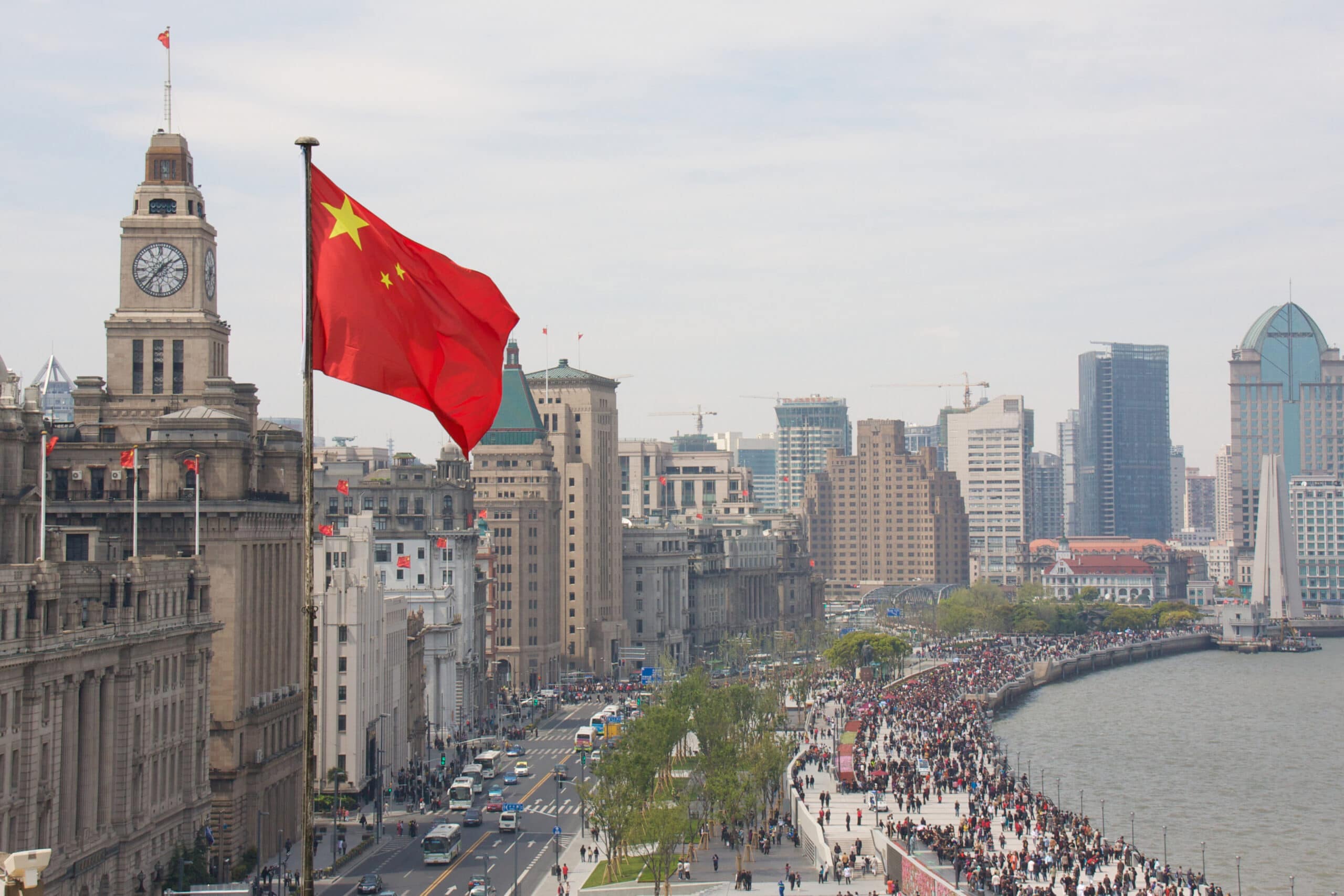
Sign up for smart news, insights, and analysis on the biggest financial stories of the day.
Chinese President Xi Jinping has wielded an economic chainsaw this year, cutting through industries from entertainment to education to tech to real estate in an unprecedented regulatory reset. Billionaires have been brought to heel and celebrities the government didn’t like wiped from the internet. The consequences have been dramatic, to say the least.
But Xi applied a band-aid on Thursday, announcing a multibillion-dollar bailout for China’s largest bad-debt manager just as e-commerce titan Alibaba reported a weak showing in the third quarter and substantially lowered its earnings forecast.
Debt Fret
First up is Huarong, the biggest of four state-backed bad-debt managers that China set up in the 1990s to clean up distressed loans at state-owned banks. Huarong ended up aggressively expanding beyond its original purpose, taking on overseas debt, trading securities, and entering into commercial lending and leasing — all of which left it in terrible shape and without enough cash on hand to meet regulatory requirements.
Huarong, which is owned by China’s finance ministry, lost $16 billion last year as it wrote down tons of bad deals. But while the government has cracked down on — and refused to bail out — most overleveraged firms, a $6.5 billion capital injection for Huarong proves “too big to fail” does translate to Mandarin.
The clampdown on debt-ridden firms has begun to slow the economy, and e-commerce giant Alibaba revealed Wednesday that it’s spilling over to retail:
- As China’s GDP growth slowed to 4.9% in the third quarter, below 5.2% expectations, Alibaba’s revenues and earnings projections also missed the mark. On Thursday, the company revised its annual earnings growth forecasts way down, from 29.5% year-on-year growth to about 20%, which would be the slowest growth since it went public.
- The stock price for Alibaba, which has been rattled by Chinese probes into tech monopolies and fined billions this year, fell 5%.
’Grande Finale: There’s more pain to come, according to Standard & Poor’s analysts. On Wednesday, the ratings agency said China’s second-largest property developer, China Evergrande — which has been teetering on the brink of insolvency for weeks — is “highly likely” to default.
